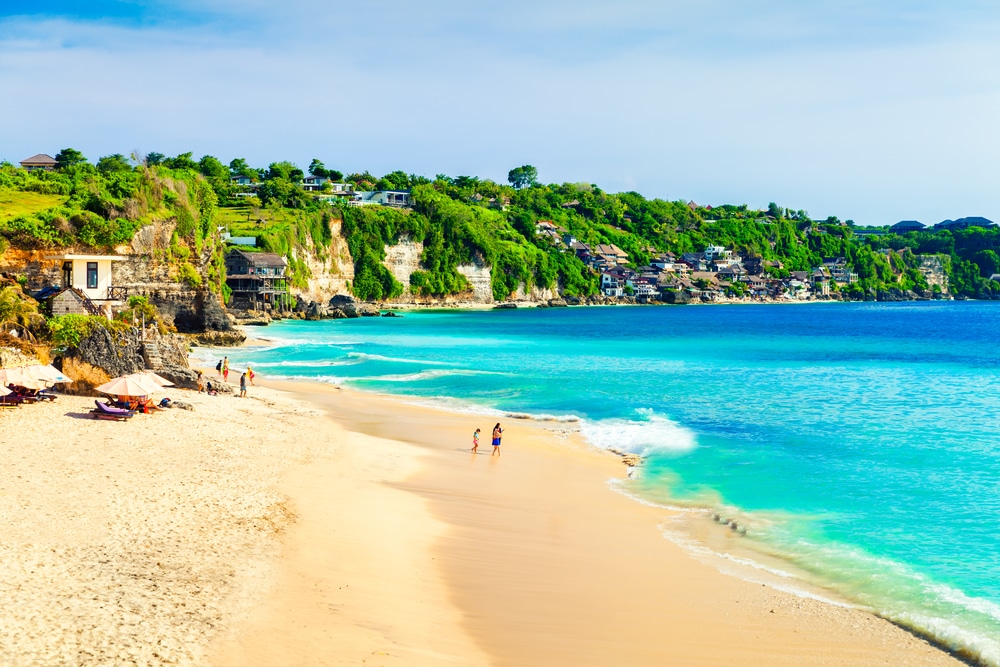When envisioning a tropical paradise, Bali often springs to mind with its stunning sandy beaches and crystal-clear waters. This Indonesian gem boasts a vibrant culinary scene, breathtaking mountains, lush jungles, stunning temples, and a deep-rooted cultural heritage. However, this is merely scratching the surface of what Bali has to offer.
Over recent years, Bali has become a magnet for tourists ranging from digital nomads to social media influencers, contributing to a remarkable surge in visitor numbers. While increased tourism can bolster local economies, it has also given rise to significant challenges, such as overtourism. To address these pressing issues, the Balinese government has announced plans to implement stricter measures to protect both the environment and the local way of life.
One of the most controversial proposals is the ban on private beaches, initiated as a means to preserve local cultural practices. Concerns have been mounting as hotels, resorts, and villas increasingly monopolize coastal areas, leaving little space for local residents to access the beaches. The sea holds profound importance in Hindu culture, serving as a backdrop for pivotal religious rituals such as Segara Kerthi and Pakelem. These ceremonies often involve offerings, prayers, and even the release of marine life, highlighting the symbiotic relationship between the community and their natural environment.
On November 17, Governor I Wayan Koster took a critical step by presenting draft proposals to local lawmakers aimed at prohibiting private beaches altogether. During the hearings, he expressed hopes that this initiative could ‘restore Bali’s beaches to their original purpose,’ allowing for traditional ceremonies to be carried out freely. ‘Limited access to the beach for vital religious observances has become an alarming trend,’ he noted. ‘Some establishments are effectively blocking public access, undermining the foundational cultural values tied to the sea.’
Governor Koster emphasized that the beach and ocean should not be considered mere extensions of private property. ‘Those who develop hotels and villas should recognize that they do not own the ocean or the shores themselves; they merely occupy the land adjacent to it,’ he asserted. The government appears eager to reach a swift verdict on this proposal, aiming to solidify the ban before the year concludes.
This isn’t the first initiative taken by Bali to curb tourist misconduct. Earlier this year, the governor introduced strict guidelines aimed at managing unfavorable tourist behavior, including setting up a specialized task force. Previous measures included bans on motorbike rentals and climbing mountain trails. Furthermore, foreign travelers must now pay an entry tax of 150,000 rupiah (£8), a move aimed at mitigating the economic impact of increased tourism.
In light of rising concerns about tourism management globally, many other destinations are starting to face similar pressures from high visitor volumes, prompting discussions about sustainability and responsible travel. It’s essential for tourists to be mindful of their impact on local cultures and environments, particularly in fragile ecosystems like Bali.
As the tourism landscape continues to evolve, remaining informed and respectful of local customs will be crucial in preserving the unique charm of destinations like Bali for future generations. From the rising tourist tax to proposed bans on private beaches, these changes mark a significant shift towards prioritizing the needs of local communities and cultures, which ultimately enriches the travel experience for everyone.





























